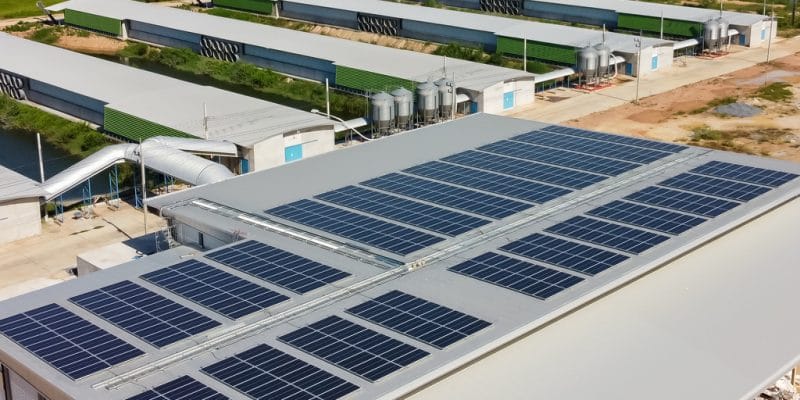In Kenya, an International Finance Corporation (IFC) Edge Certification study reveals that 22 green buildings covering 374,334 m2 save at least $5 million (Kshs 585 million) annually on electricity bills for public buildings by using 20% less energy than conventional buildings.
Kenya is making progress in building green. According to a report published by the International Finance Corporation (IFC), the World Bank Group’s subsidiary, buildings certified as Edge (Excellence in Design for Greater Efficiencies) save at least $5 million (Kshs 585 million) on their electricity bills each year.
Specifically, these buildings are being built based on solutions that reduce electricity consumption by implementing energy efficiency or self-consumption clean energy systems to reduce their carbon footprint. This has facilitated a reduction of 11,811 MWh in annual electricity consumption.
“Of the $5 million, there was also a reduction in water consumption of 392,938 m3, which is equivalent to over 157 Olympic-sized swimming pools. The floor area recorded to achieve certification from March 2022 is 281,910 sq m, which is 86% more than last year,” says Dennis Papa Odenyi Quansah, Head of Green Buildings for Kenya, Ghana and Nigeria at IFC.
Green building, a solution for the future…
While green homes have been on the rise in Nairobi since the launch of Edge certification in Kenya in 2015, many other buildings in the capital, such as warehouses and hospitals, are already embracing the issue. At the AAR Hospital, for example, located a short distance from Karura Forest, the authorities have installed solar panels on the roof to generate clean, cheaper energy.
Read also-AFRICA: Francis Kéré wins Pritzker Prize for his sustainable architecture
In 2020, the Kenyan government, through the Department of State for Housing and Urban Development, has committed to providing land for developers to build resource-efficient housing, similar to the requirements of Edge certification. This IFC certification aims to reduce the environmental impact of buildings through the reduction of direct energy consumption, water consumption (through the installation of low-flow taps or the implementation of wastewater management systems) and the embodied energy consumption of building materials.
Benoit-Ivan Wansi







